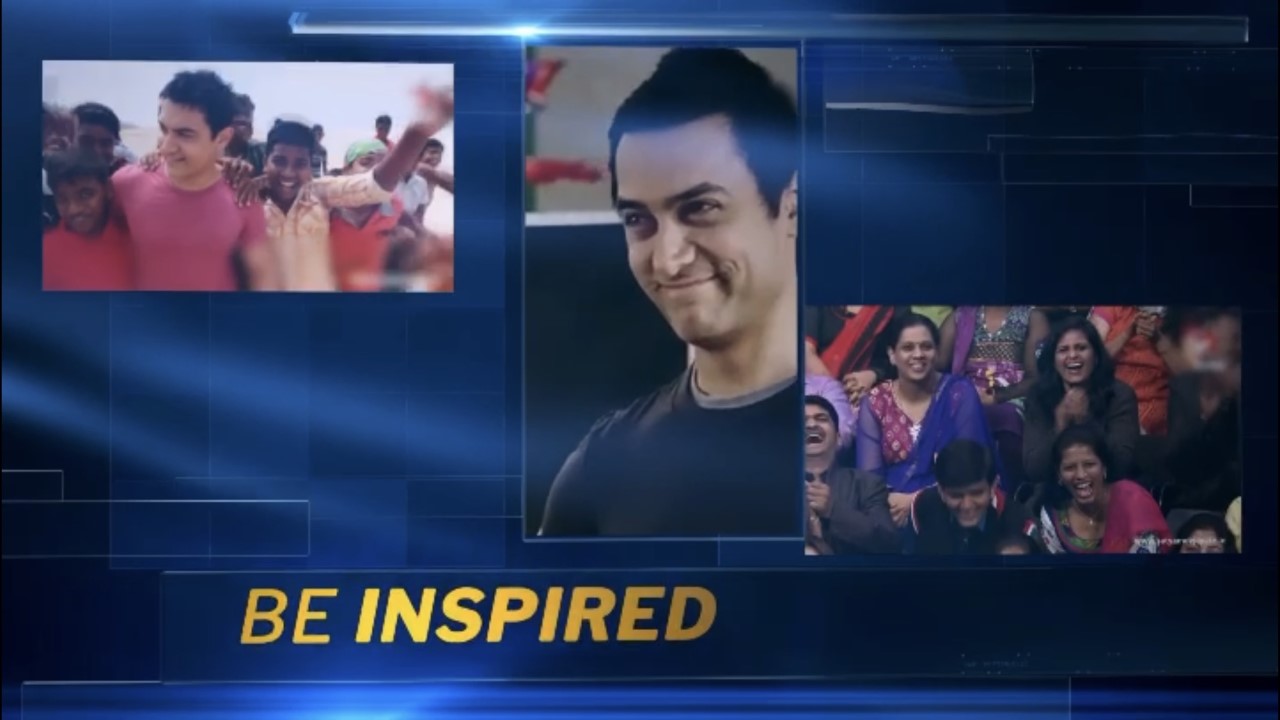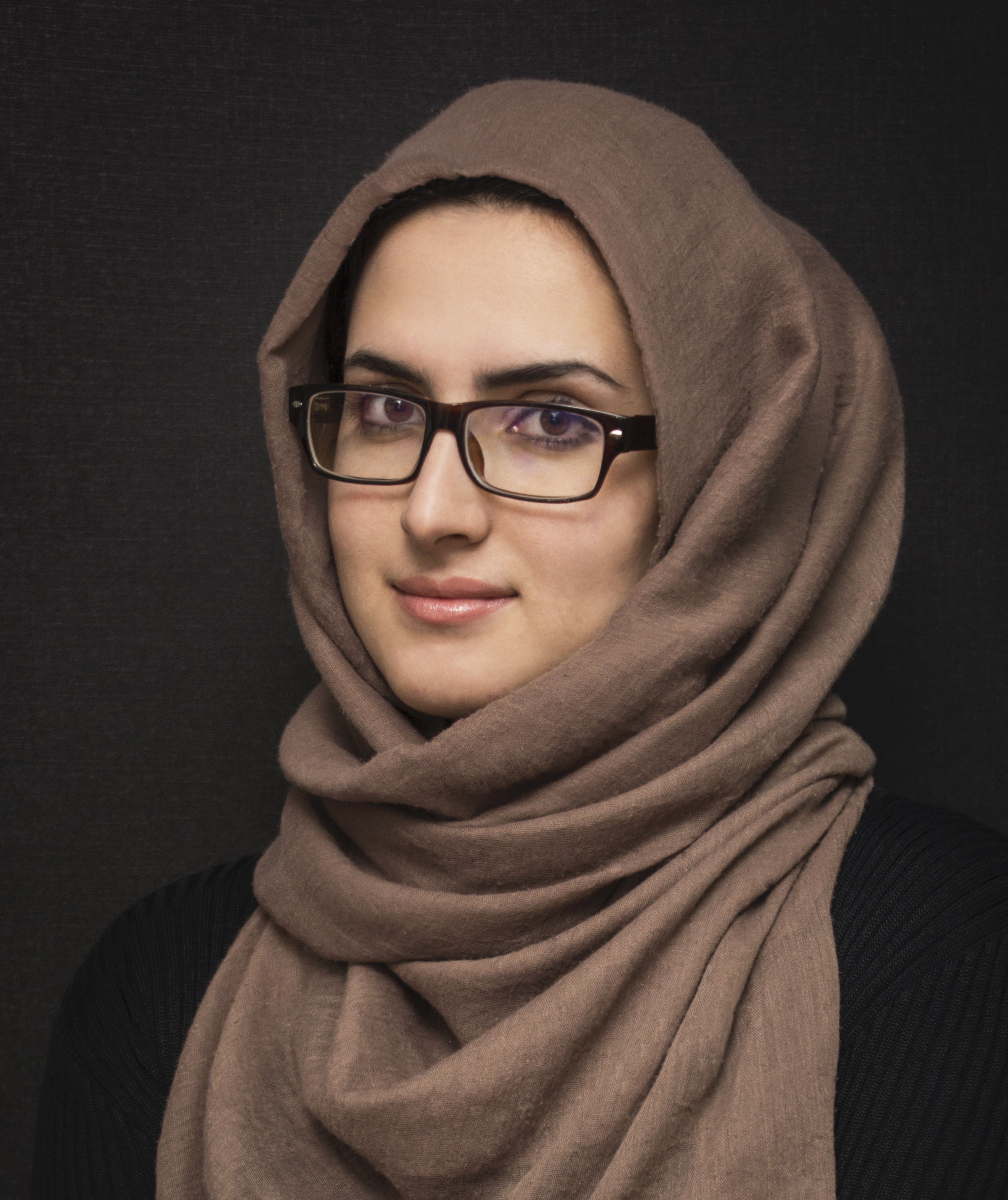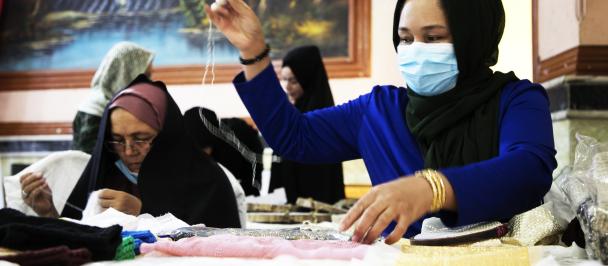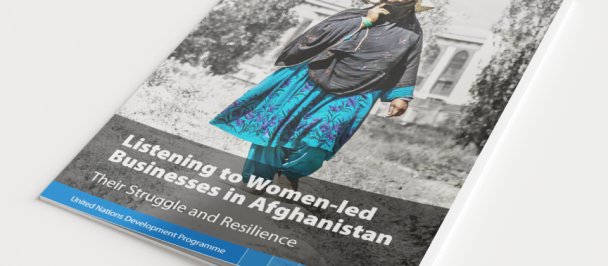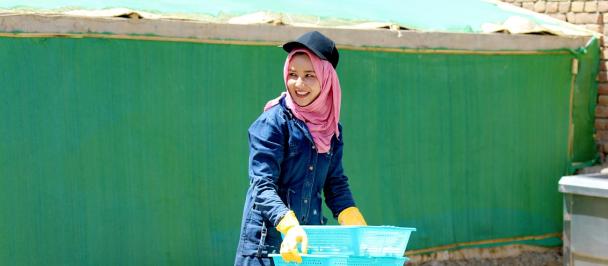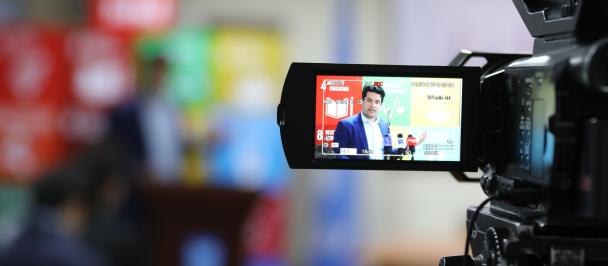By Behishta Sadaat, Women Activist; Project Manager, Toll-free Helpline for Women and Children
The Opportunity of a Lifetime: My Conversation with Global Superstar Aamir Khan
December 5, 2020
"People have different abilities, different personalities, they have different strengths…everyone has their own moments of learning;” actor/humanitarian Aamir Khan tells Kabul Youth. Photo © UNDP / 2020
As a long-time fan of the films of Aamir Khan, I seized the once-in-a-lifetime opportunity, when the possibility to ask him a question arose during the Special Edition of UNDP’s Karma Dialogues.
My husband works for the United Nations, which provided me an opportunity to ask Aamir my question that was broadcast live across 36 countries in Asia and the Pacific and across the globe.
So, during the December 4th episode, I asked the Bollywood superstar, humanitarian, and activist: “If you could go back in time, what would you want to tell your younger self?”
Aamir pondered for a bit and then he said: “I would tell my younger self to take it easy,” he said, reflecting a bit and then adding: “for the longest time, I’ve been someone who is very hard on myself, I’ve been someone who is very hard on others, I’ve been someone who is very unforgiving of people’s shortcomings and my own. It took me a while to realize that…people are different, people have different abilities, different personalities, they have different strengths” and that “…everyone has their own moments of learning.”
The answer was telling. It spoke to Aamir’s character and his dedication that goes beyond being just an actor, to being a person who strives to combine his work with social good.
It touched on the very essence of the Karma Dialogues – a series of conversations with inspirational leaders, innovators, and trailblazers who have persevered through adversity, to achieve success and change the world for the better. The Karma Dialogues’ tagline to “think good, do good” is embodied by the extraordinary life and work of Aamir Khan.
While Aamir exploded on the Indian film scene with his debut film, “Qayamat Se Qayamat Tak,” in 1988, his roles in recent years, in films such as Dangal, Taare Zameen Par and Lagaan, have delved into issues such as social justice, disability, and inequality. Along the way they have shattered stereotypes winning awards, global acclaim, and unparalleled success, setting box office records to become some of the highest-grossing Indian films of all time.
His television show, Satyamev Jayate, an idea that he came up with himself, explored India’s sensitive social issues, including female foeticide, dowry deaths, honour killings, the scourge of caste, and corruption. The show reached billions of viewers across 165 countries, and created social movements that triggered amendments to laws, acts, and policies.
The show led to Aamir launching the Paani Foundation, in 2016, to tackle drought and promote water conservation among villages in India’s Western state of Maharashtra.
Kanni Wignaraja, Director of UNDP’s Regional Bureau for Asia and the Pacific, perfectly summed up the dialogue that night that Aamir exemplifies the values of the Karma Dialogues and UNDP through his inspiration of young people to recognise that “in the best…ideas and actions, comes the ability and belief in being able to play even a small part in influencing outcomes for the greater good.”
Aamir’s closing remarks really resonated with me when he encouraged young people around the world to never give up on our dreams. “All of us have good dreams,” he concluded, “and sometimes we are told by people around us not to dream big…I want people to know that it’s possible to fulfil your dreams without compromising what you believe in. Sometimes you may have to compromise in order to achieve your dream…but don’t ever compromise on the dream itself.”
About the Author:
Behishta Sadaat is currently working with Ministry of Women’s Affairs as a project manager for “Toll free Helpline for Women and Children in Afghanistan”. She has two bachelor degrees in Political Science and Public Administration from American University of Afghanistan and Public Health from Kabul Medical University. She is a GATHER fellow and Seeds of Peace program alumni.
She has been continuesly involved in social and volunteer activities in her community and has represented Afghanistan as Peace Leader in regional and international programs. She has been awarded as Ambassador of Peace by Seeds of Peace in United States in years 2009 and 2012.

 Locations
Locations